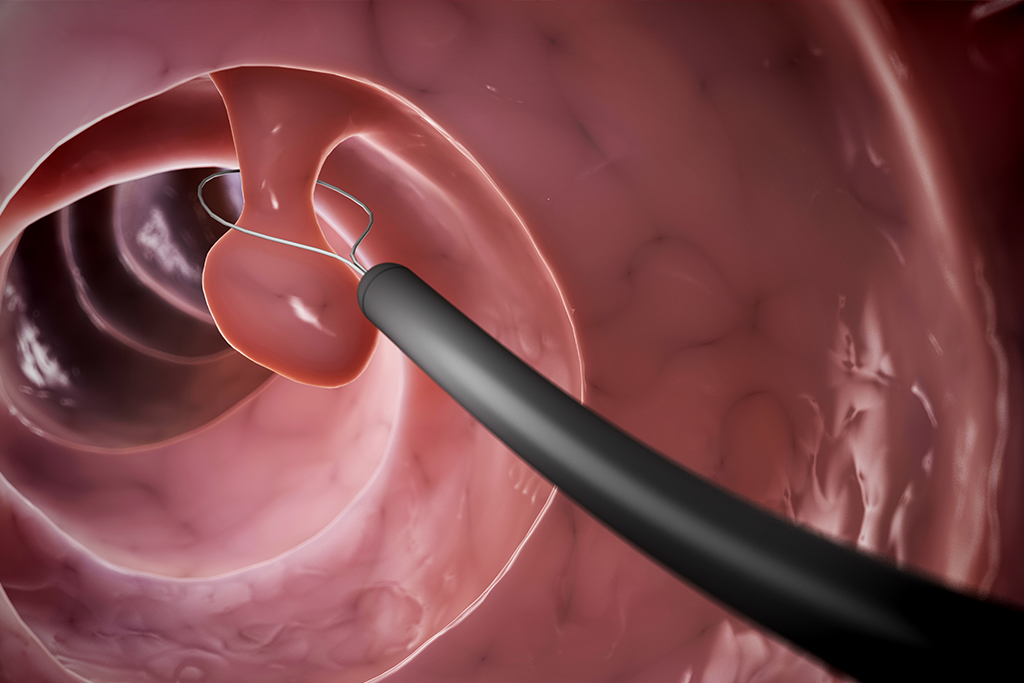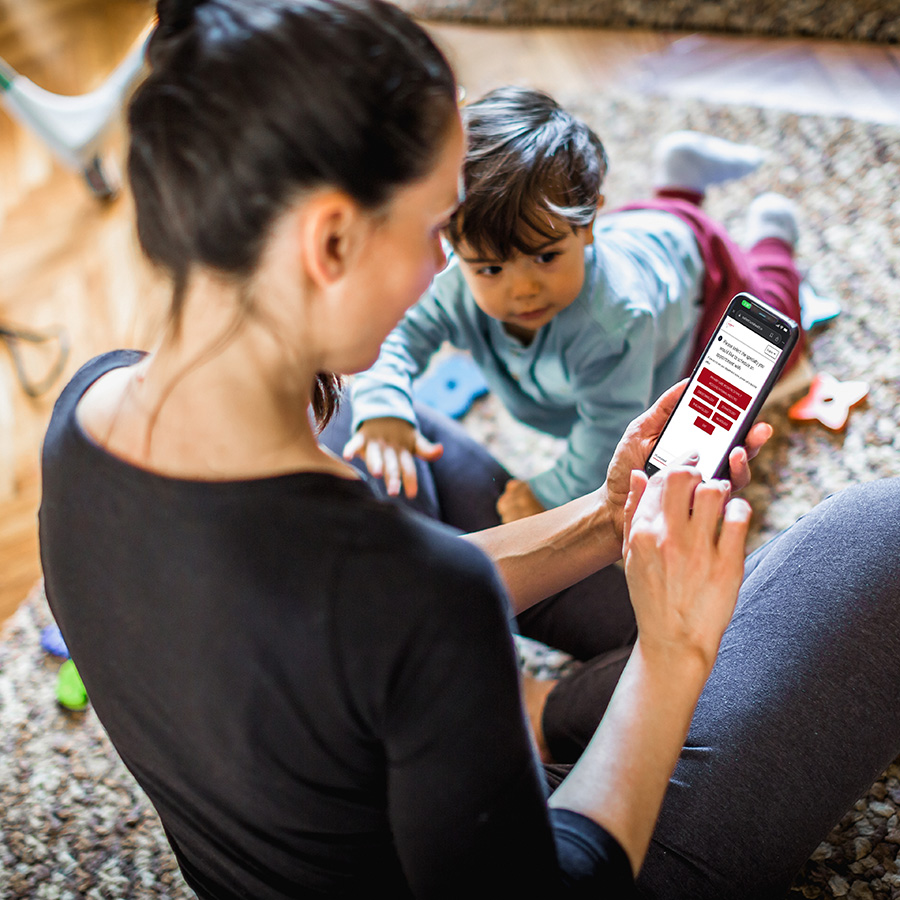
The American Cancer Society considers a colonoscopy the most effective method of screening for colon cancer. It is a crucial part of regular checkups after age 45.
A diagnostic colonoscopy, however, is recommended for anyone at any age who has colorectal cancer symptoms, such as:
- Abdominal discomfort, bloating, or cramps
- Changes in bowel habits
- Positive test for hidden blood in your stool
- Rectal bleeding
- Unexplained iron-deficiency anemia
- Unexplained weight loss or extreme fatigue
- Vomiting
Any of these symptoms could require a full examination beyond a colonoscopy. Consult your doctor.
Colon cancer is a malignant growth on the colon or rectum’s inner wall. It usually develops from a small non-cancerous growth called a polyp and can take as long as 5 to 10 years to become cancerous.
A colonoscopy involves a tube with a camera tip which is used to examine the colon and rectum, searching for and removing polyps. It also looks for swollen, irritated tissues. Doctors can extract tissue for examination if necessary.
A healthy colonoscopy results in fewer follow-ups. If the polyps prove cancerous, but the patient isn’t displaying symptoms, the cure rate is 90% if caught early.
Removing polyps before they become cancerous is the most effective method for reducing risk. Most can be removed painlessly during a colonoscopy, which is an outpatient procedure.
People often are embarrassed or afraid to talk about colon cancer, but it’s a meaningful conversation. It is important to have a good understanding of family history of polyps or cancers of the colon. Among non-smokers, colon cancer is the leading cause of cancer deaths, second only to lung cancer. This year, experts project 134,000 new cases of colon cancer and 55,000 deaths.
It’s the second-leading cancer killer for both men and women.
It’s easy to lower your risk of getting colon cancer, though, and a bit of knowledge can save your life.
Who is at risk?
Men and women are equally at risk after age 50 in particular. Risk increases with age, and it is genetic in some cases, but 75% of patients have no common risk factors. Patients with ulcerative colitis or crohns, inflammation of the colon lining, may also be at increased risk.
Lifestyle factors, such as alcohol, calorie intake, smoking, and obesity, are linked to higher risk. Regular checkups and keeping up with your colonoscopy schedule are helpful for prevention.
Other ways to reduce risk:
- Eating a high-fiber diet of fruits, vegetables, and whole grains
- Consume more chicken and fish, and less beef, lamb, and pork
- Cut fat from your diet
Studies are ongoing examining other factors for risk reduction, such as:
- Increased physical activity
- Smoking cessation
- Taking aspirin
- Use of dietary supplements
Preparing for your colonoscopy
Tell your doctor about prescription and over-the-counter medicines and supplements you take daily. You might have to alter some schedules, especially if you are diabetic or take blood thinners.
You’ll need to arrange for a driver to take you to and from the exam. Also, you’ll have to empty your colon for scope preparation in the days before your procedure. The facility will issue detailed instructions for bowel preparation.
This can take as long as two weeks. Unsuccessfully emptying your colon might result in the need to retest. A clean colon is critical, because some polyps can be small or hidden.
What can I eat or drink?
You might have to avoid corn, nuts, popcorn, and seeds for three days prior. Sometimes, a low-fiber diet for three days is recommended. For 24 hours before the procedure, you’ll have to avoid all solid food and alcohol.
Drinks allowed during this period include:
- Apple juice
- Black coffee
- Clear broth
- Ginger ale
- Tea
- Water
- White grape juice
Drinking more liquid than usual will help you avoid dehydration. Avoid all drinking and eating for at least four hours before.
More on bowel preparation
Your doctor will determine which over-the-counter or prescription solution is best for you based on your medical history and preferences. They all cause watery diarrhea to clean out your colon.
Tips for the most effective bowel preparation
The solution can feel difficult to drink. Here’s advice for an optimum result:
- Add lemon drops
- Chew ginger candy
- Refrigerate it first
- Use a straw
Stay close to the bathroom during bowel preparation. Your diarrhea will look clear or yellow, like urine, if you prepare well.
Call Wilmington Health to schedule your colonoscopy.
Turn to the gastroenterology team at Wilmington Health for TRUE Care for your colonoscopy. Make sure to schedule your colonoscopy in advance, as it may take a few months to get an appointment.
